For A Happy Child, Become A Great Teacher: A Guide To Raising Your Baby Well
By: My Cutie Pie

How to become good parents?
“The moment a child is born, the mother is also born. She never existed before. The woman existed, but the mother, never. A mother is something absolutely new." - Osho
Having a baby means much more than just changing nappies, ensuring regular feeding times, and waking up to tend to your child at night. Parenting is a full-time job that requires just as much emotional commitment as it does physical commitment, if not more.
Parents who are unprepared for the emotional upheaval that inevitably occurs during the (developmentally critical) first 6 years of their child’s life often become reactive and make mistakes that may affect their baby for years to come.
In providing the guide below, I hope to help parents avoid these mistakes while also nurturing their child’s Emotional Quotient (EQ), Intelligence Quotient (IQ), and Spiritual Quotient (SQ).
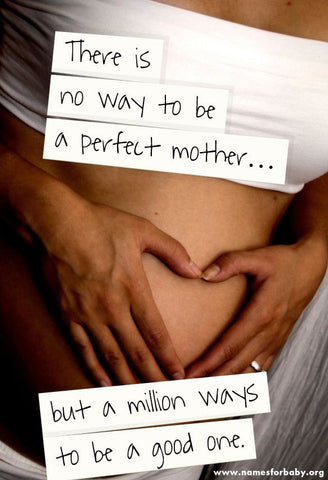
Step One: Be Prepared Responsibility And Hard Work
We all have a friend, neighbor, or relative who makes child-rearing look easy—They appear, on the surface, to have the “perfect” family. In reality, however, no matter how effortless they make this achievement appear, trust me: Parenting is a lot of hard work.
Don’t expect your natural maternal instincts to “take over” and magically guide you through the process of looking after your baby; they won’t.
They’ll help, yes, but human beings have always relied on shared communal knowledge in order to learn how to raise children. As such, learning about the fundamental building blocks of good parenting before you have a baby is essential.
Having logical, objective guidance will help prevent you from making emotional, reactive parenting errors—it’s that simple.

Step Two: Providing Education For Your Baby
As the popular adage goes, you’re never too young or too old to start learning. Once your baby is a month old, you should begin showing him or her picture cards depicting people, objects, trees, plants, musical instruments, fruits and vegetables, short words, etc.
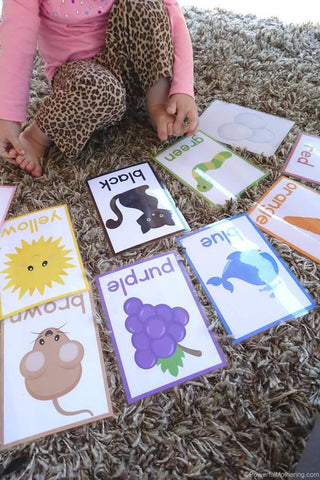
Talk to your baby, too; even if he or she can’t fully understand you yet, his or her brain is processing the basics of language every time you speak.
(If you want your baby to grow up to be multi-lingual, show him/her words, poems, songs, etc., in other languages as well.)

You should also play music from famous composers for your baby as this has been shown to assist in infant brain development.
Finally, don’t forget to take your baby swimming! Not only will your baby pick this skill up fairly automatically (with careful supervision, of course) within the first few months of life, swimming will help him or her to develop better coordination.
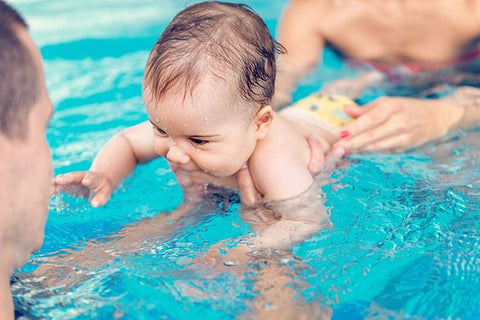
“Don’t educate your children to be rich. Educate them to be happy, so they know the value of things, not the price.”
Step Three: Model Healthy Emotional Behaviours
Once your baby starts walking and talking (after about one year of age), he or she is going to become a lot more work.
Many parents react to their toddler’s growing curiosity by losing patience and constantly using the word “no”: “Don’t touch that,” “Don’t do that,” “Stop crying,” and so on.
“The kids who need the most love will ask for it in the most unloving of ways.”
Instead of doing this, you should gently correct your child: Rather than shutting down his natural behaviors, redirect them by encouraging him to play with something safer and more appropriate, try a different approach when interacting with other children, etc.
Turn the situation around to something more positive while maintaining a loving demeanor. This will prevent your child from internalizing negative messages (i.e., that he is “bad,” “difficult,” “stupid,” etc.).
Positive messages and nurturing guidance lay the foundation for a healthy self-esteem.
Remember that it’s especially important to never shout at your child in front of others. This will make him or her feel embarrassed and ashamed, leading him or her to resent you and become less confident.
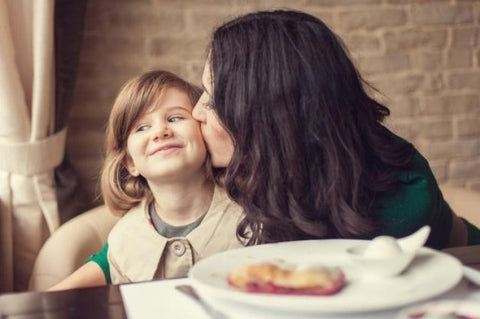
Likewise, you need to be a role model for your child. Your baby will learn much more from what you do than what you say.
Don’t criticize other people (or other religions, cultures, etc.) in front of your child and don’t argue with your spouse anywhere your child can hear you.
“Children are great imitators. So give them something great to imitate.”
If you do make a mistake and say or do something negative in front of your baby, correct yourself at once and try to make amends. This will teach your child how to tell right from wrong and how to rectify mistakes.
While modeling healthy emotional behaviors will demand a lot of self-control from you as a parent, it’s worth it. If you manage to do this correctly, your child will grow up to be a leader and a success in life—Someone strong, decisive, and caring.
“Your children will become who you are; so be who you want them to be.”
Step Four: Appreciate Your Child, Every Day
There’s no such thing as “spoiling” a child with praise. Treating your child like he’s won the Nobel prize when he accomplishes something important to him will enhance his self-esteem and motivate him to keep achieving his goals.
When your child exhibits good manners, shares with other children, or completes a frustrating task or lesson after much perseverance, let him know that you recognize his efforts.
In Conclusion,
Be Your Child’s Best Teacher.
In addition to educating your child, appreciating him (or her), and modeling emotionally healthy behaviors, remember that your job as a parent is to guide your baby—Not control him.
Allow your child the freedom to make his own mistakes, but be there for him when he does and helps him correct them.
Praise him not only when he does well, but also when he keeps trying despite repeated failures. Cherish the “little things” that make each day special and, above all else, have patience and tolerance.
This will help your child to grow up healthy and happy and ensure that you never look back with regret, wishing you had raised him differently.
Though I am not an expert, I believe that this is the secret to successful parenting.

“There are two gifts we should give our children, one is roots, the other is wings.”
Please leave a comment and share on social media and let us know what do you think about this article.
Click here and visit the home page for Baby Product. I am sure you will like it.
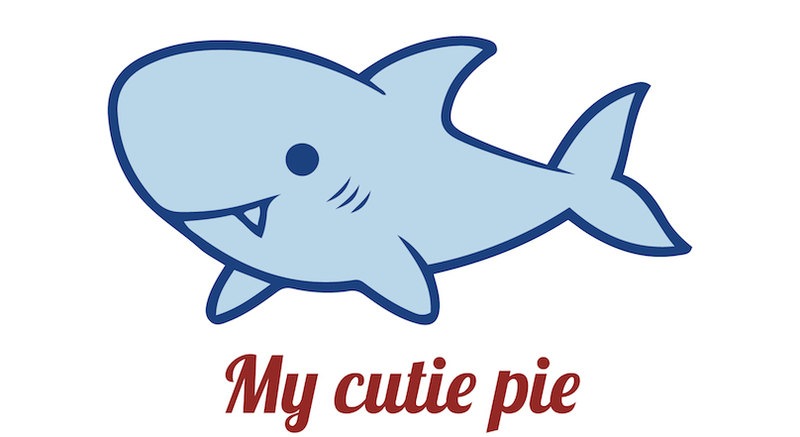
3 comments
Really helpful for the upbringing of kids.As truly said The greatest gift you can give your child is the roots of responsibility and the wings of independence.
Really helpful for the upbringing of kids.As truly said The greatest gift you can give your child is the roots of responsibility and the wings of independence.
Really a interesting one
We should take care for Physical development Mental development
Social development and spiritual development of our keeds
We shouldn’t limit just say Sory and say thank you only